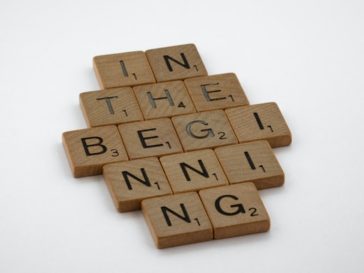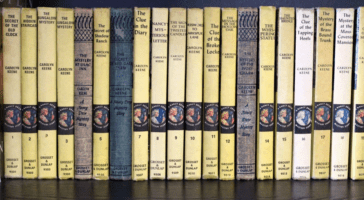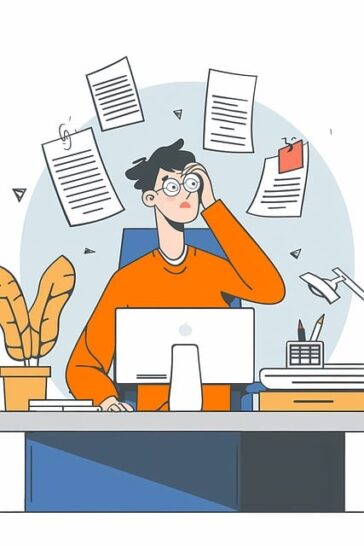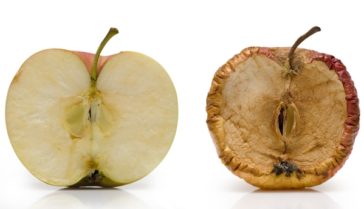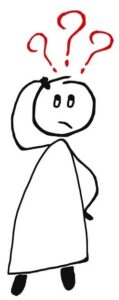Where Does Your Story Begin?
I read a lot of book manuscripts, and I’m here to tell you there are some story openers in danger of being used more often than “once upon a time.” Here are some beginnings I see quite frequently: • Character waking up • Character looking out a window and thinking about the weather • Character thinking about the setting, reviewing the objects in a room • Character thinking or saying out loud, “This isn’t happening.” • Character pondering her life, … Read More »

